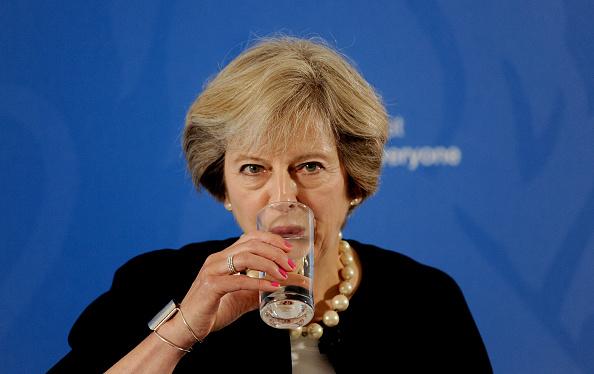Everything you need to know about the Supreme Court judgment on Brexit
Theresa May is hoping to invoke Article 50 by March

Your support helps us to tell the story
From reproductive rights to climate change to Big Tech, The Independent is on the ground when the story is developing. Whether it's investigating the financials of Elon Musk's pro-Trump PAC or producing our latest documentary, 'The A Word', which shines a light on the American women fighting for reproductive rights, we know how important it is to parse out the facts from the messaging.
At such a critical moment in US history, we need reporters on the ground. Your donation allows us to keep sending journalists to speak to both sides of the story.
The Independent is trusted by Americans across the entire political spectrum. And unlike many other quality news outlets, we choose not to lock Americans out of our reporting and analysis with paywalls. We believe quality journalism should be available to everyone, paid for by those who can afford it.
Your support makes all the difference.The Government's challenge against the High Court ruling that parliamentary approval is required to start the process of leaving the European Union will be hard tomorrow.
As the highest court in the land, the Supreme Court could have the final say on whether MPs will get a chance to vote on the triggering of Article 50.
The case is set to be heard this week.
How long will it take?
The case is due to last four days. For the first time all 11 justices will sit on the panel and a verdict will be released later in January.
Is the Government expected to win?
Ministers have suggested the appeal in the Supreme Court is too close to call.
“I would say the chances of success are 50-50. It is not an easy wicket, but it doesn’t mean you can’t win the day,” one government figure told the Sun.
Some legal experts have, however, suggested it will result in defeat for the Government and have predicted an 11-0 defeat.
What happens after the verdict?
Should the Supreme Court rule in the Government’s favour, Theresa May can proceed with her plans to invoke Article 50 by the end of March without seeking parliamentary approval.
If not, the High Court ruling will stay in place and parliament will get to vote on the legislation.
It is worth pointing that a vast majority of MPs have said they will vote in support of the government.
Can the case go the European Court of Justice (ECJ)?
If a question of EU law arises that is critical to the outcome of the case then it is passed on to the ECJ. It remains unclear whether or not this will happen but experts believe whether Article 50 is revocable or not is a case for EU law.
Join our commenting forum
Join thought-provoking conversations, follow other Independent readers and see their replies
Comments